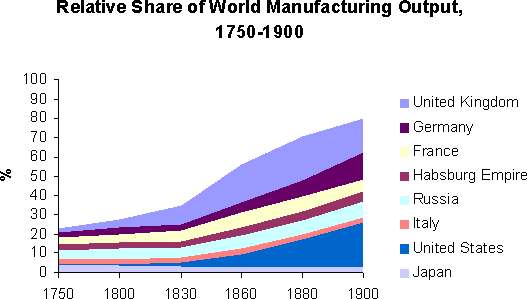John Fredrick Parker
Donor
... or thereabouts. This is from the thread on preventing British relative decline in Europe. Robcraufurd had a great idea:
So my question: what are the effects of this change in policy?
If we work on the assumption that an investment in industrial machinery provides at least a limited fix to the decline issue, then providing an incentive to invest is obviously necessary. Prior to 1965 companies were taxed under the same rules as individuals. But what if Robert Lowe, the chancellor in 1868-1873- and, incidentally, the man who created modern company law- had proposed a change to the income tax regime to allow companies to deduct the cost of machinery purchased from their chargeable profits?
It's not entirely unrealistic, given that Lowe reforms taxes in various other ways, and it's simplistic enough to be plausible as a Victorian reform (as opposed to the convoluted nightmare of capital allowances we have today). There should be little problem funding it given that 1870-1874 saw the government run surpluses each year and drop the rate of income tax to boot. On the other hand, it's an entirely hindsight-driven suggestion and, given that the rate of tax was 4d in the pound, might not be enough of an incentive for business-owners to plough money into machinery.
So my question: what are the effects of this change in policy?
Last edited:
